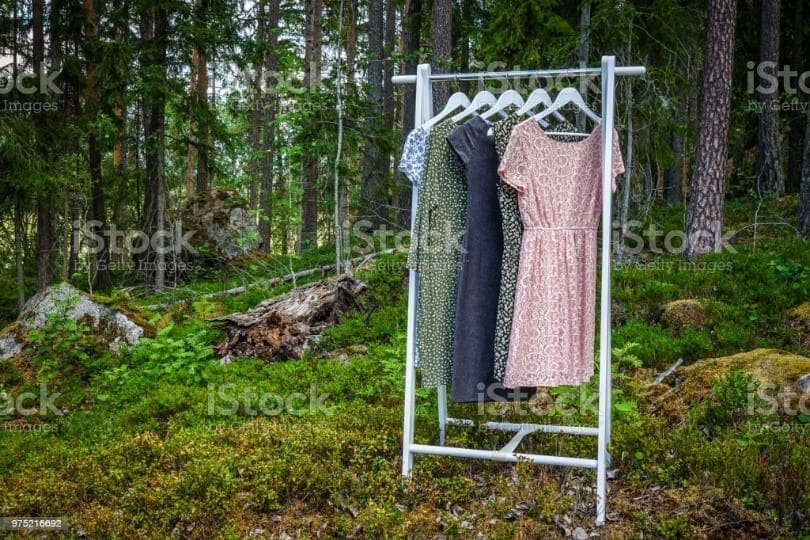Fashion brands took a dressing down at the COP26 UN Climate Change Conference, in part due to their collective tens of millions of gallons of oil used annually to produce garments. Synthetic fabrics and plastic fibers were caught in the crosshairs, sending a clear message to the industry to pull up its socks when it comes to sustainability. But is singling out and blaming the fashion industry hitting below the belt?

Hot under the Collar
Today, consumers keep clothes roughly half as long as they did 15 years ago and buy about 60% more than they did 15 years ago. But wait — which consumers? The f

Dirty Laundry
The point above is not to redirect blame. It’s to highlight that sustainability within the fashion industry is everyone’s responsibility. It is consumers, not the fashion industry that are driving demand for low-cost new collections, so everyone needs to buckle down and play their part.

An Ace up your Sleeve
If the rest of “industry” is between Industry 3.0 and 4.0, the textile industry is closer to 2.0 in evolution. Brands and mills are adapting, if slowly, from a linear to a circular economy. Aside from brands opting for environmentally sourced fabrics for production, there is the process itself. At the point of process there is big opportunity for sustainability enhancement, bu

Pull up your socks
High-precision spray coating technology is just one such technology. It drastically reduces water and


